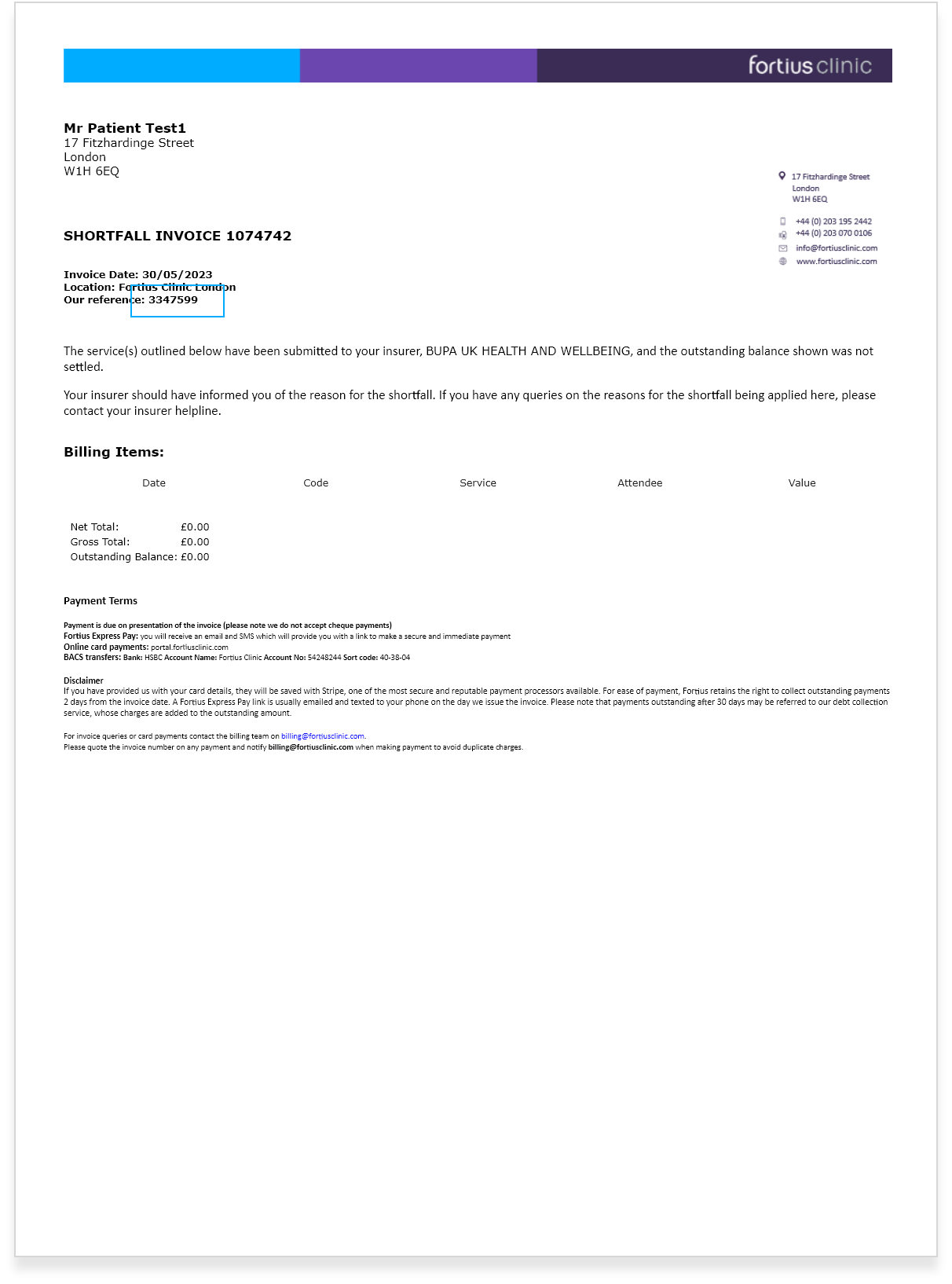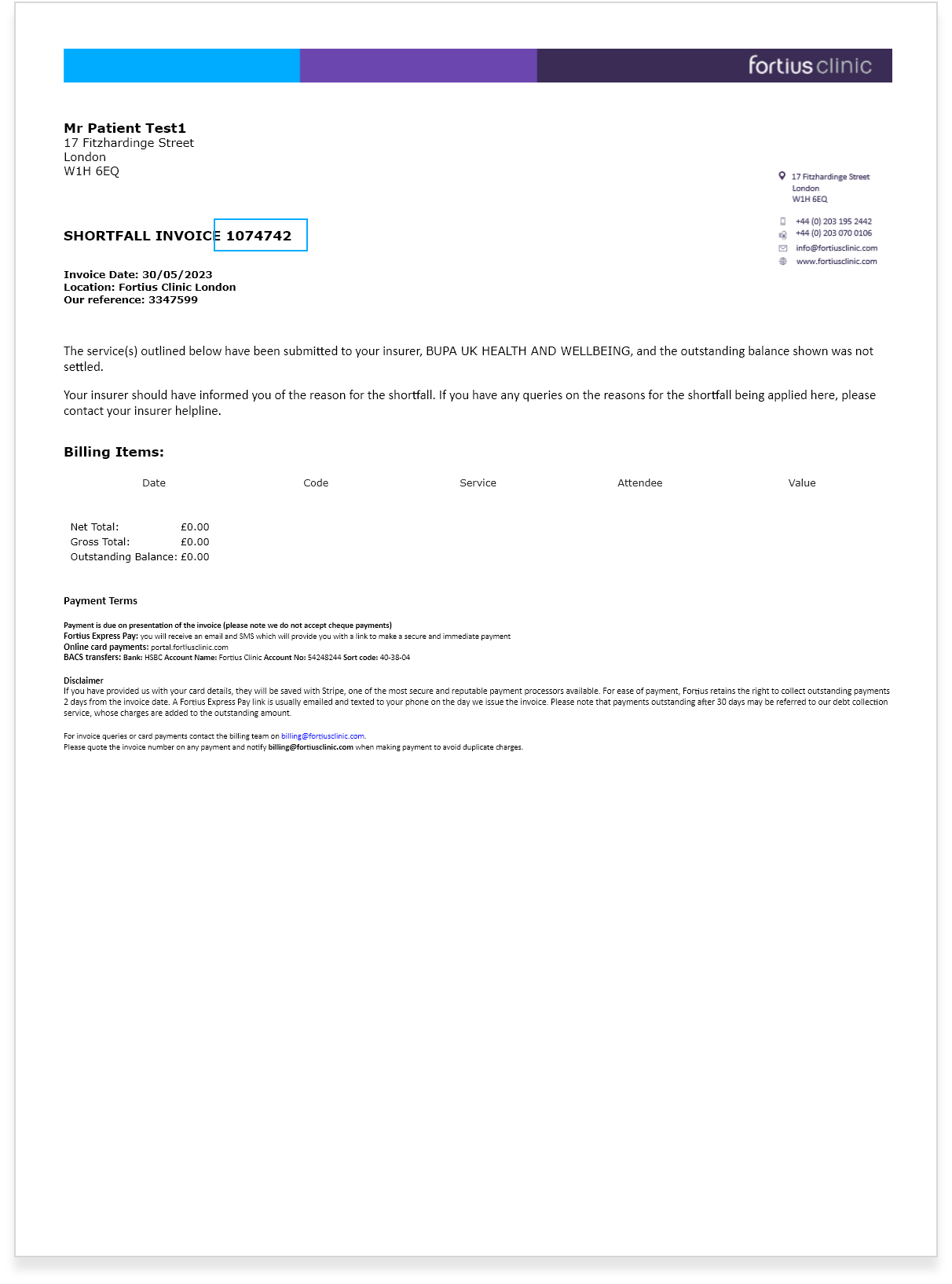Play it safe - The 5 most common golf injuries & how to avoid them
There are many benefits of playing golf: as previous studies have pointed out, spending an afternoon lugging a bag of clubs around a course increases heart rate and blood flow, and your designated 10,000 steps-per-day can be easily exceeded by playing 18 holes. Golf is universally acknowledged as a pursuit which can reduce stress - sometimes - and lead to improved sleep, brain stimulation, and weight loss.
What’s more, it’s the perfect sporting activity for older people: a study conducted by a Swedish medical university concludes that the death rate for golfers is 40% lower than other people of the same sex, age and socioeconomic background – and the lower your handicap, the better your chances of a long life. As a low-level yet fiercely competitive sporting activity, it’s no wonder that so many professional sportspersons turn to golf when they get too old to perform at their peak at their original sport.
But golf is not without its risks. Like all sports that repetitively force the player into a physically unnatural position for prolonged periods, the possibility of putting tremendous amounts of stress on a targeted part of the body can result in a nagging, long-term injury, particularly for golfers with poor mechanics, incorrect grip and setup, and over-playing.
Here are the five most common golf injuries, and how to avoid them:
1. Back pain
A highly common complaint amongst the general population, back injuries can be even more prevalent amongst the golfing community. It’s not difficult to see why: during a regular day at the links, and factoring in sessions on the driving range and the practice putting green, a golfer’s back is subjected to hours of alternating between a bent-over stance and absorbing the rotational stresses of golf swings.
2. Tendinitis in the elbows
While there is such a thing as ‘golfer’s elbow’ – irritation and inflammation of the inner tendon tissue area – most ailments in that area are of the more traditional ‘tennis elbow’ variety, on the outer tendon. It’s a repetitive-movement stress ailment, which can be aggravated as we get older, particularly amongst golfers with an improper swing motion.
3. Knee injuries
Again, due to the unnatural position that participants are forced into, the mechanics of golf put a lot of stress on the knee, as it has to take the bulk of the strain in order to stabile the rotation of the hip axis at the beginning of the swing.
4. Rotator cuff injuries
The shoulder and upper arm areas can take more than their fair share of damage during a golf session, particularly if the golfer’s swing is imperfect, which can result in tendinitis, bursitis, and muscle tears. There are also the risks of greatly exaggerated stress in certain instances, such as hitting a root or rock, hacking up a deep divot, and general overuse.
5. Wrist, hand and finger injuries
Again, repetitive stress is the main culprit for injuries in this area, which usually result in tendinitis. Pain at the top of the swing and at impact, and occasional broken bones are also side-effects.
What can be done to prevent these injuries?
Working on improved swing mechanics is a must, as they can help avoid the most common ailments as well as improve your game.
Ensuring your equipment is properly-fitted is a must, as well as making sure that you go through a golf-specific warm-up routine and frequent stretching sessions.
Most importantly, if you feel strain and pain in a specific area, get it checked out by a specialist.
And if you need it, don’t be alarmed at the prospect of surgery: past studies presented at the American Academy of Orthopaedic Surgeons annual meeting concluded that 93.3% of golfers who undergo shoulder replacement treatment are able to return to their hobby.


